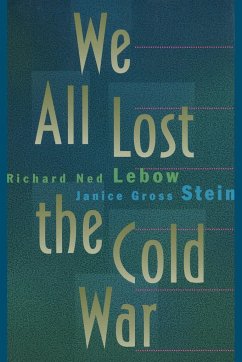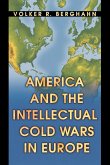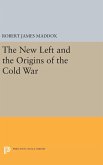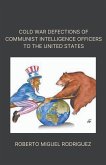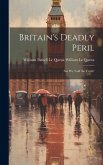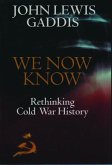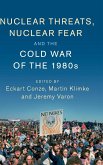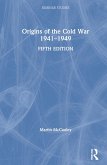Drawing on recently declassified documents and extensive interviews with Soviet and American policy-makers, among them several important figures speaking for public record for the first time, Ned Lebow and Janice Stein cast new light on the effect of nuclear threats in two of the tensest moments of the Cold War: the Cuban Missile Crisis of 1962 and the confrontations arising out of the Arab-Israeli war of 1973. They conclude that the strategy of deterrence prolonged rather than ended the conflict between the superpowers.
Hinweis: Dieser Artikel kann nur an eine deutsche Lieferadresse ausgeliefert werden.
Hinweis: Dieser Artikel kann nur an eine deutsche Lieferadresse ausgeliefert werden.
The orthodoxy . . . is that deterrence worked and the arms race defeated the Soviet Union. Hitherto there has been little dissent from those positions, apart from those 'revisionist' historians who merely turned the whole orthodoxy on its head. . . . Richard Ned Lebow and Janice Gross Stein are not revisionists in that sense. They are far too sensible for emotional nonsense of that kind. Yet their work is quite as unorthodox, probably as shocking to the closed corporation of Cold War 'scholars' but much more surprising than that of the Chomskyans.

